January 4 stands as one of history’s most eventful days, witnessing the rise and fall of empires, groundbreaking discoveries, and moments that shaped our modern world across centuries of human achievement.

Politics and Government Events on January 4
1918 – Finnish Declaration of Independence Recognized by Major Powers
Russia, Sweden, Germany, and France formally recognized Finland’s declaration of independence on this historic date. The international recognition marked Finland’s emergence as a sovereign nation after centuries of foreign rule.
The diplomatic acknowledgment solidified Finland’s position in the international community. This recognition provided crucial legitimacy for the newly independent Nordic nation during a turbulent period in European history.
1948 – Burma Gains Independence from United Kingdom
Burma achieved full independence from British colonial rule, establishing itself as an independent republic. The transition marked the end of over a century of British administration in the Southeast Asian nation.
Independence celebrations swept across the country as Burmese leaders assumed control of their government. The newly formed republic faced immediate challenges in unifying diverse ethnic groups and establishing effective governance structures.
1999 – Jesse Ventura Sworn in as Minnesota Governor
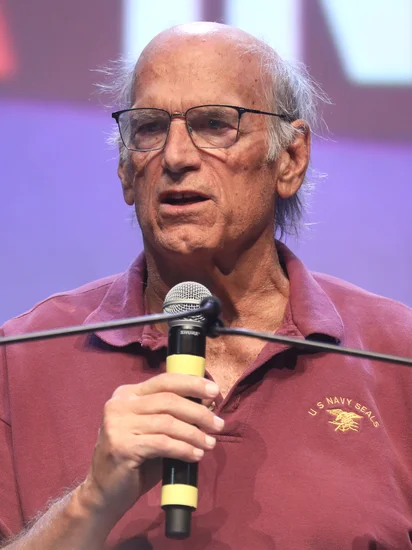
Former professional wrestler Jesse Ventura took the oath of office as Governor of Minnesota. His unconventional political victory shocked the American political establishment and demonstrated the power of celebrity in modern politics.
Ventura’s inauguration marked a turning point in Minnesota politics and national discourse. His outsider status and populist appeal resonated with voters seeking alternatives to traditional political candidates.
2004 – Mikheil Saakashvili Elected President of Georgia
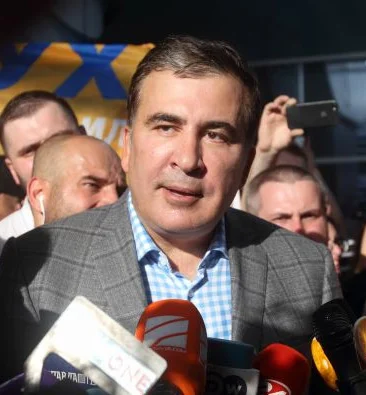
Mikheil Saakashvili won the Georgian presidential election following the successful Rose Revolution of November 2003. His victory represented a decisive shift toward Western-oriented democratic reforms in the former Soviet republic.
The election results validated the peaceful revolution that had toppled the previous government. Saakashvili’s presidency promised significant political and economic reforms aligned with European integration goals.
2007 – Nancy Pelosi Becomes First Female Speaker of the House
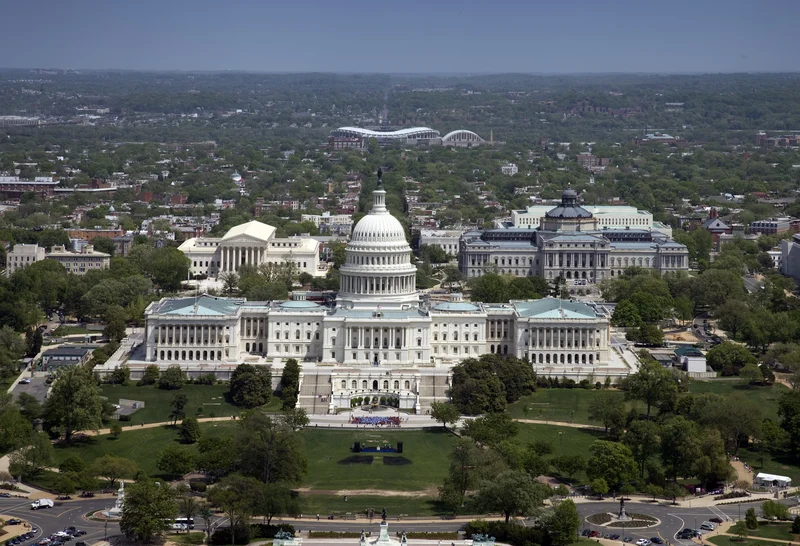
The 110th United States Congress convened and elected Nancy Pelosi as the first female Speaker of the House in American history. Her historic election shattered a significant gender barrier in American political leadership.
Pelosi’s appointment represented a watershed moment for women’s representation in government. Her elevation to the Speaker’s chair demonstrated the growing influence of women in American politics and governance.
Military and Naval History on January 4
1944 – Operation Carpetbagger Begins
Allied forces launched Operation Carpetbagger, a covert mission to supply arms and equipment to European resistance fighters. The operation represented a crucial expansion of support for underground movements across Nazi-occupied territories.
Aircraft crews began systematic drops of weapons, ammunition, and supplies to partisan groups throughout Europe. This coordinated effort significantly enhanced the effectiveness of resistance operations against German occupation forces.
1951 – Chinese and North Korean Forces Capture Seoul
Communist forces captured Seoul for the second time during the Korean War, forcing UN troops to retreat southward. The fall of the South Korean capital marked a significant tactical victory for Chinese and North Korean armies.
The capture demonstrated the effectiveness of Chinese military intervention in the Korean conflict. Seoul’s loss created a strategic crisis for UN forces and prolonged the Korean War beyond initial expectations.
1976 – Ulster Volunteer Force Attacks Irish Catholic Civilians
The Ulster Volunteer Force shot and killed six Irish Catholic civilians in County Armagh, Northern Ireland, escalating sectarian violence during The Troubles. The killings represented a devastating attack on innocent civilians caught in the conflict.
The following day witnessed retaliatory attacks against ten Protestant civilians in the same area. This cycle of violence demonstrated the destructive nature of sectarian conflict and its impact on ordinary families.
1989 – Second Gulf of Sidra Incident
US Navy F-14 Tomcats shot down two Libyan MiG-23 fighters during an aerial confrontation over the Gulf of Sidra. The incident marked a significant escalation in tensions between the United States and Libya under Muammar Gaddafi.
The dogfight demonstrated American air superiority and resolve in challenging Libyan territorial claims. This confrontation further strained US-Libyan relations and highlighted ongoing Mediterranean tensions.
Science and Discovery Milestones on January 4
1959 – Luna 1 Becomes First Spacecraft to Reach Moon’s Vicinity

The Soviet Luna 1 spacecraft achieved the historic milestone of becoming the first human-made object to reach the vicinity of the Moon. This groundbreaking achievement marked a crucial step in humanity’s exploration of space.
Luna 1’s successful journey demonstrated Soviet technological capabilities and advanced space exploration significantly. The mission provided valuable scientific data about interplanetary space and lunar gravitational fields.
1958 – Sputnik 1 Falls to Earth
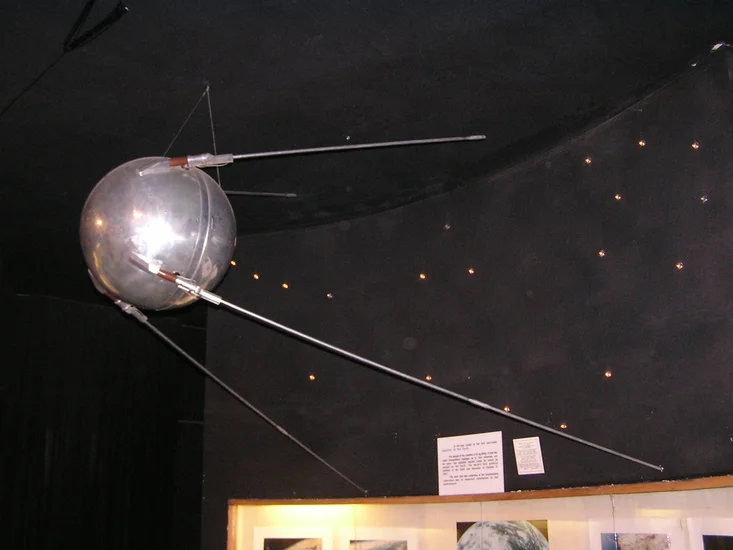
Sputnik 1, the first artificial Earth satellite launched by the Soviet Union in 1957, completed its mission by falling back to Earth. The satellite’s reentry marked the end of humanity’s first successful orbital mission.
The spacecraft’s controlled descent concluded a historic chapter in space exploration. Sputnik 1’s successful mission had already revolutionized scientific understanding and sparked the international space race.
2004 – NASA Mars Rover Spirit Lands Successfully
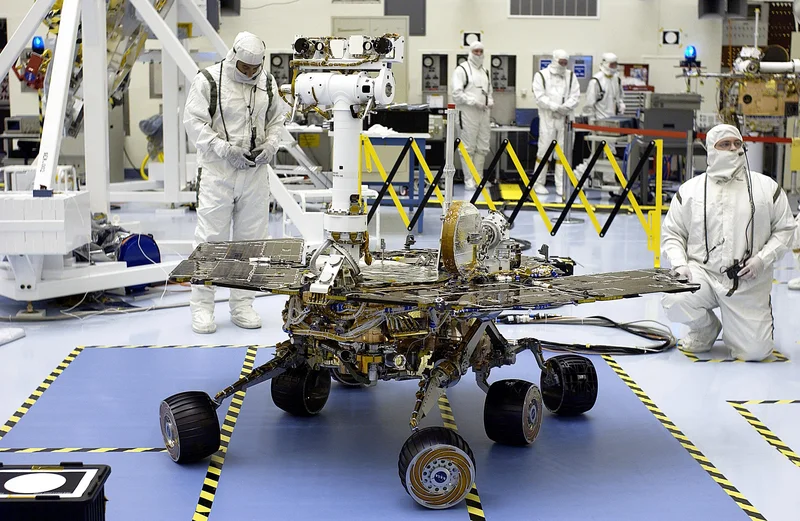
NASA’s Spirit rover successfully landed on Mars at 04:35 UTC, beginning an extended mission to explore the Red Planet’s surface. The landing represented a triumph of engineering and marked a new era in planetary exploration.
Spirit’s successful touchdown initiated years of scientific discovery and geological analysis. The rover’s mission provided unprecedented insights into Martian geology, climate history, and potential for past life.
1975 – TOPS-10 Computer System Experiences Date Bug
The TOPS-10 computer system experienced widespread crashes and problems when its 12-bit date field overflowed. This technical failure demonstrated the importance of forward-thinking software design in computing systems.
Engineers worked rapidly to develop alternative date formats and prevent future failures. The incident highlighted the critical need for robust date handling in computer systems and software architecture.
Cultural and Arts Events on January 4
1903 – Topsy the Elephant Electrocuted at Luna Park
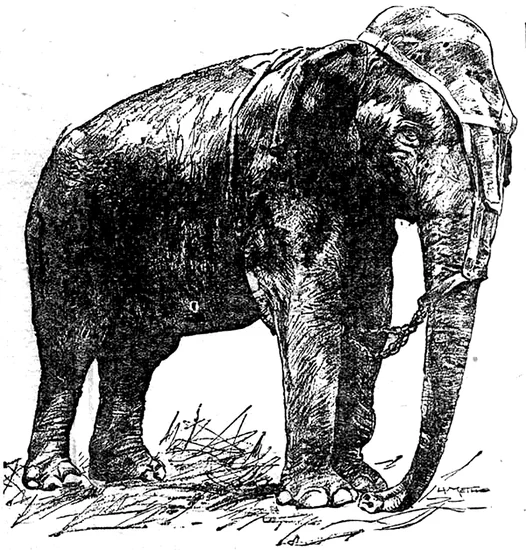
Luna Park owners electrocuted Topsy the elephant at Coney Island while the Edison film company recorded the event. The disturbing spectacle became one of the earliest documented examples of animal cruelty in entertainment.
The Edison company’s film “Electrocuting an Elephant” captured this tragic moment in early cinema history. The incident reflected the era’s problematic attitudes toward animal welfare and public entertainment.
1972 – Rose Heilbron Becomes First Female Judge at Old Bailey
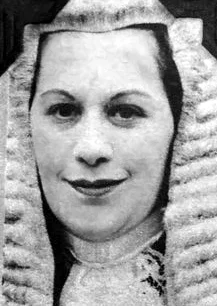
Rose Heilbron made history by becoming the first female judge to sit at the Old Bailey in London. Her appointment shattered a significant gender barrier in the British legal system and judicial hierarchy.
Heilbron’s historic session represented a watershed moment for women’s advancement in law. Her presence on the bench challenged traditional assumptions about gender roles in judicial proceedings.
1912 – Scout Association Receives Royal Charter
The Scout Association received incorporation throughout the British Empire by royal charter, formalizing the youth organization’s structure. This official recognition established scouting as a legitimate educational and character-building movement.
The royal charter provided legal framework for scouting activities across the British Empire. This formal recognition enabled rapid expansion of scouting programs and international coordination.
Religious and Social Events on January 4
1956 – Greek National Radical Union Formed
Konstantinos Karamanlis founded the Greek National Radical Union, establishing a new conservative political movement. The party’s formation represented a significant reorganization of Greek center-right politics during a crucial period.
The National Radical Union attracted supporters seeking stability and economic development. Karamanlis’s leadership provided a rallying point for conservative Greeks during post-war reconstruction efforts.
1909 – Aeneas Mackintosh Escapes Death in Antarctic
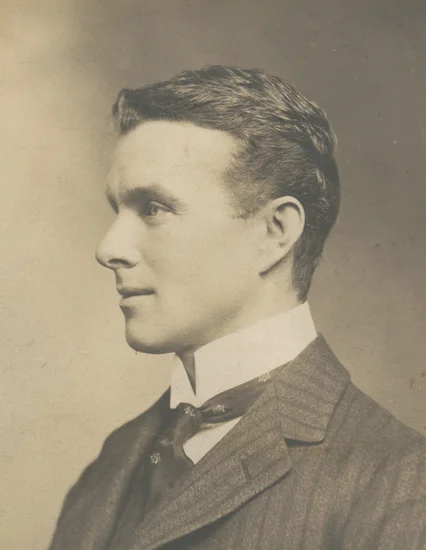
Explorer Aeneas Mackintosh of the Imperial Trans-Antarctic Expedition narrowly escaped death by fleeing across dangerous ice floes. His dramatic survival demonstrated the extreme hazards faced by polar explorers.
Mackintosh’s harrowing experience illustrated the perilous nature of Antarctic exploration. His escape across shifting ice highlighted the courage and resourcefulness required for polar expeditions.
2013 – Gunman Kills Eight in Philippines House-to-House Rampage
A gunman conducted a deadly house-to-house rampage in Kawit, Cavite, Philippines, killing eight people. The tragic incident shocked the local community and highlighted concerns about gun violence.
The rampage created widespread fear and devastation in the peaceful residential area. Local authorities responded quickly to contain the situation and investigate the motives behind the attack.
Business and Economic Events on January 4
2010 – Burj Khalifa Opens as World’s Tallest Building

The Burj Khalifa officially opened in Dubai, claiming the title of world’s tallest building. This architectural marvel represented Dubai’s ambition to become a global center of commerce and tourism.
The skyscraper’s opening marked a pinnacle achievement in modern engineering and construction. Its completion demonstrated the United Arab Emirates’ commitment to ambitious development projects and international prestige.
2006 – Ehud Olmert Becomes Acting Prime Minister of Israel
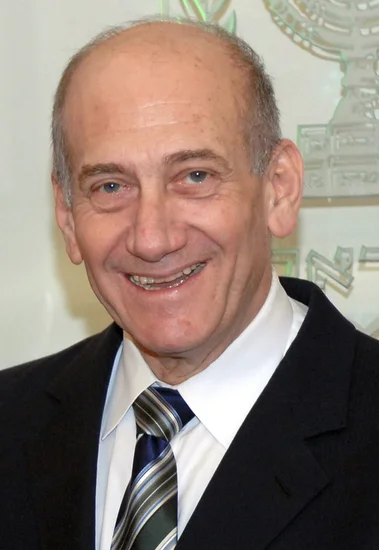
Ehud Olmert assumed the role of acting Prime Minister of Israel following Ariel Sharon’s serious stroke. The leadership transition occurred during a critical period in Israeli politics and Middle Eastern relations.
Olmert’s appointment ensured governmental continuity during Sharon’s medical crisis. The smooth transition demonstrated the resilience of Israeli democratic institutions during challenging circumstances.
1965 – Aeroflot Flight 101/X-20 Crashes
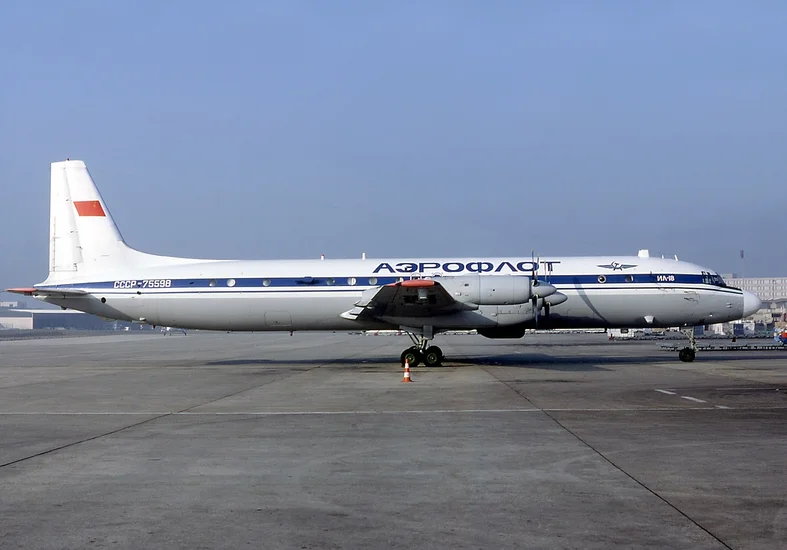
Aeroflot Flight 101/X-20 crashed during approach to Alma-Ata Airport, killing all 64 people aboard. The tragedy represented one of the deadliest aviation accidents in Soviet history.
The crash highlighted safety concerns in Soviet commercial aviation. Investigations revealed systemic issues that prompted improvements in aircraft maintenance and pilot training protocols.
Transportation and Infrastructure on January 4
1987 – Maryland Train Collision Kills 16 People
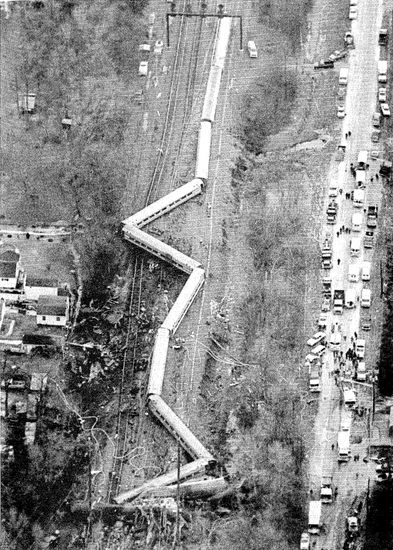
An Amtrak train traveling from Washington, D.C., to Boston collided with Conrail engines in Chase, Maryland. The devastating crash killed 16 people and injured numerous others in one of Amtrak’s worst accidents.
The collision exposed serious safety deficiencies in railroad communication systems. Federal investigators identified multiple failures that led to comprehensive reforms in railroad safety protocols.
1990 – Pakistan Train Collision Kills 307
An overloaded passenger train collided with an empty freight train in Pakistan, resulting in 307 deaths and 700 injuries. The catastrophic accident became Pakistan’s deadliest train disaster in history.
The collision highlighted serious infrastructure and safety problems in Pakistan’s railway system. The tragedy prompted calls for comprehensive reforms and improved safety measures throughout the national rail network.
1998 – Massive Ice Storm Hits Eastern North America
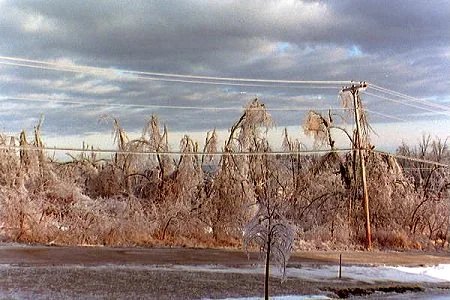
A devastating ice storm struck eastern Canada and the northeastern United States, continuing through January 10. The natural disaster caused widespread power outages and infrastructure damage across the region.
The storm’s impact disrupted millions of lives and caused billions in property damage. Emergency response efforts demonstrated the vulnerability of modern infrastructure to extreme weather events.
2018 – Hennenman-Kroonstad Train Crash in South Africa

A Shosholoza Meyl passenger train collided with a truck at Geneva Station between Hennenman and Kroonstad, Free State. The devastating accident killed 20 people and injured 260 others.
The crash highlighted persistent safety issues at railway level crossings. South African authorities implemented new safety measures to prevent similar tragedies at dangerous crossing points.
Sports and Recreation on January 4
2000 – Norwegian Train Collision at Åsta
A Norwegian passenger train departing from Trondheim collided with a local train from Hamar at Åsta in Åmot Municipality. The tragic accident killed 19 people and injured 68 others.
The collision shocked Norway and prompted comprehensive safety reviews. The disaster led to significant improvements in Norwegian railway safety systems and operational procedures.
2019 – Escape Room Fire Kills Five Teenagers in Poland
A fire in an escape room facility in Koszalin, Poland, killed five teenagers through carbon monoxide poisoning. The tragic incident raised serious questions about safety regulations in entertainment venues.
The deaths prompted Poland to implement stricter safety standards for escape rooms. The tragedy highlighted the need for better fire safety measures in recreational facilities across Europe.
2025 – Let L-410 Turbolet Crashes in Venezuela
A Let L-410 Turbolet aircraft crashed in the Los Roques Archipelago in Venezuela, killing all 14 people aboard. The aviation accident occurred in one of Venezuela’s most popular tourist destinations.
The crash highlighted ongoing safety concerns in Venezuelan aviation. Investigators examined weather conditions and aircraft maintenance records to determine the accident’s cause.
Notable Births on January 4
1930 – Don Shula Born in Grand River, Ohio

Don Shula entered the world in Grand River, Ohio, destined to become one of football’s greatest coaches. His competitive spirit and leadership abilities emerged early in his athletic career.
Shula would eventually lead the Miami Dolphins to the NFL’s only perfect season in 1972. His coaching philosophy emphasized discipline, preparation, and teamwork throughout his legendary career.
1940 – Brian Josephson Born in Cardiff, Wales

Welsh physicist Brian Josephson was born in Cardiff, showing early promise in scientific studies. His curiosity about quantum mechanics would shape his groundbreaking research career.
Josephson later won the Nobel Prize in Physics for his discoveries in quantum tunneling. His theoretical work revolutionized understanding of superconductivity and quantum physics applications.
1943 – Doris Kearns Goodwin Born in Brooklyn, New York

American historian Doris Kearns Goodwin was born in Brooklyn, developing a passion for history and storytelling. Her childhood fascination with presidential biographies shaped her academic interests.
Goodwin became a Pulitzer Prize-winning author and presidential historian. Her biographical works on American presidents earned critical acclaim and popular success.
1956 – Bernard Sumner Born in Salford, England
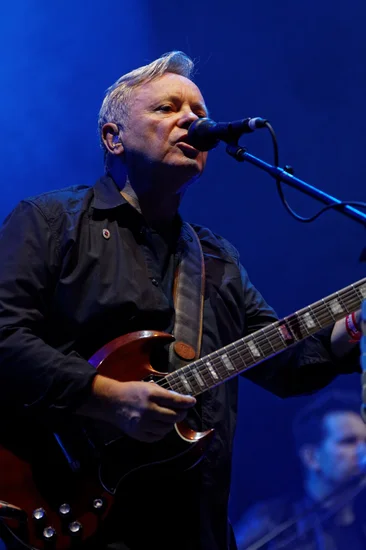
English musician Bernard Sumner was born in Salford, displaying early musical talent and creativity. His innovative approach to electronic music would influence entire generations of musicians.
Sumner co-founded Joy Division and later formed New Order, pioneering electronic dance music. His distinctive sound helped define the post-punk and new wave movements.
1957 – Michael Stipe Born in Decatur, Georgia
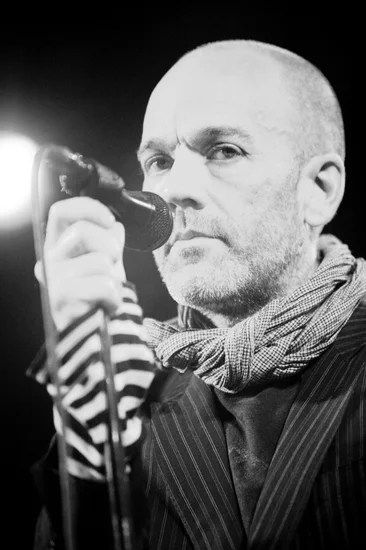
American singer-songwriter Michael Stipe was born in Decatur, Georgia, showing artistic inclinations from childhood. His unique vocal style and creative vision would define alternative rock music.
Stipe became the lead singer of R.E.M., one of the most influential alternative rock bands. His poetic lyrics and distinctive voice helped establish the alternative music movement.
1990 – Toni Kroos Born in Greifswald, Germany

German footballer Toni Kroos was born in Greifswald, demonstrating exceptional soccer skills from an early age. His technical ability and tactical intelligence set him apart from peers.
Kroos became one of the world’s finest midfielders, winning multiple Champions League titles. His precise passing and game control made him indispensable for club and country.
1994 – Derrick Henry Born in Yulee, Florida

American football player Derrick Henry was born in Yulee, Florida, showing remarkable athletic potential in youth sports. His size and speed combination made him a unique talent.
Henry became the NFL’s premier running back, earning multiple rushing titles. His powerful running style and incredible speed revolutionized the position in modern football.
2004 – Victor Wembanyama Born in Le Chesnay, France

French basketball player Victor Wembanyama was born in Le Chesnay, displaying extraordinary height and athletic ability. His unique combination of size and skill captured global attention.
Wembanyama became the most anticipated NBA draft prospect in years. His versatility and shot-blocking ability promise to transform professional basketball at the highest level.
Notable Deaths on January 4
1960 – Albert Camus Dies in Villeblevin, France
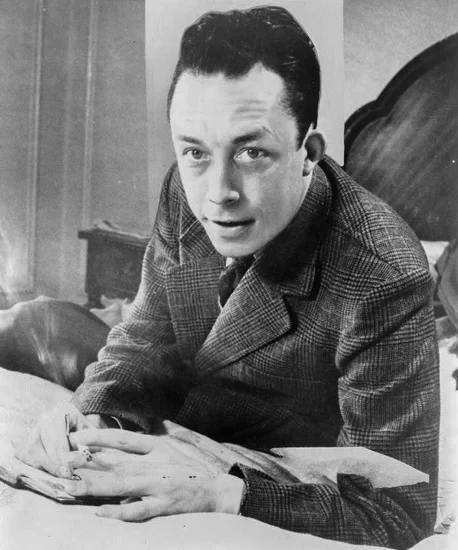
French novelist, philosopher, and journalist Albert Camus died tragically in a car accident at age 46. His sudden death shocked the literary world and cut short a brilliant career.
Camus had won the Nobel Prize in Literature just three years earlier. His philosophical works on existentialism and absurdism continued influencing writers and thinkers worldwide.
1965 – T.S. Eliot Dies in London, England
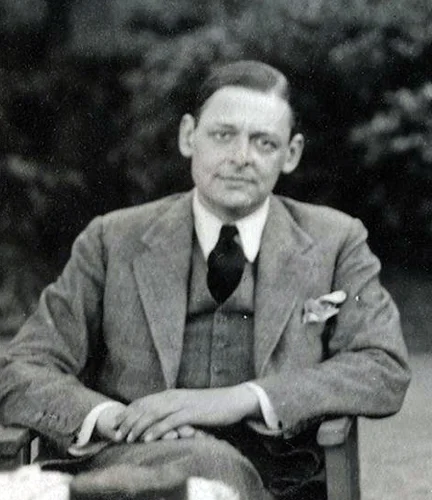
American-English poet, playwright, and critic T.S. Eliot passed away in London at age 76. His death marked the end of an era in modernist poetry and literary criticism.
Eliot’s revolutionary works like “The Waste Land” had transformed twentieth-century poetry. His influence on literature, criticism, and dramatic writing remained profound and lasting.
1986 – Phil Lynott Dies in Salisbury, England
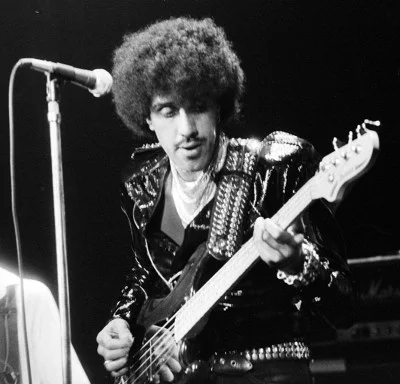
Irish singer-songwriter and bass player Phil Lynott died in Salisbury at age 36. His death from complications related to drug and alcohol abuse shocked the rock music community.
Lynott had fronted the influential hard rock band Thin Lizzy throughout their successful career. His distinctive voice and charismatic stage presence made him a beloved figure in rock music.
2011 – Gerry Rafferty Dies in Stroud, England

Scottish singer-songwriter Gerry Rafferty passed away in Stroud at age 63. His death ended a distinguished career that produced some of the most memorable songs in popular music.
Rafferty’s hits “Baker Street” and “Stuck in the Middle with You” became timeless classics. His melodic songwriting and distinctive saxophone arrangements influenced countless musicians.
2016 – Stephen W. Bosworth Dies in Boston, Massachusetts
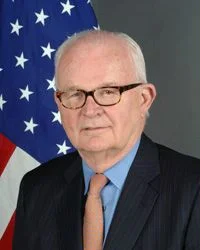
American academic and diplomat Stephen W. Bosworth died in Boston at age 76. His death marked the loss of an experienced diplomat who served during crucial periods in international relations.
Bosworth had served as United States Ambassador to South Korea during a pivotal time. His diplomatic expertise in Asian affairs contributed significantly to American foreign policy success.
2024 – Glynis Johns Dies in Los Angeles, California
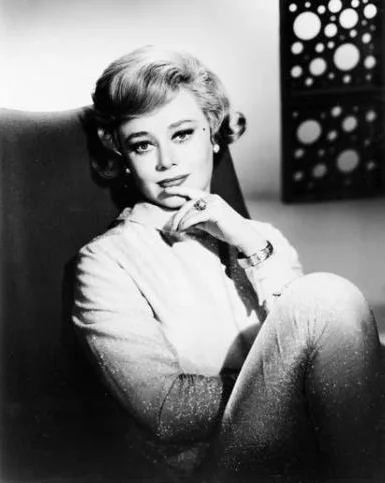
British actress and singer Glynis Johns passed away in Los Angeles at age 100. Her death marked the end of a remarkable career spanning nearly eight decades in entertainment.
Johns had enchanted audiences in films like “Mary Poppins” and “A Little Night Music.” Her distinctive voice and versatile performances made her a beloved figure in theater and cinema.
Holidays and Observances on January 4
World Braille Day
World Braille Day commemorates the birth of Louis Braille and celebrates the importance of braille literacy. The international observance raises awareness about the rights of visually impaired individuals worldwide.
Educational institutions and advocacy organizations promote braille literacy through special events and programs. The day emphasizes the continuing importance of tactile reading systems in promoting independence and education.
Independence Day in Myanmar
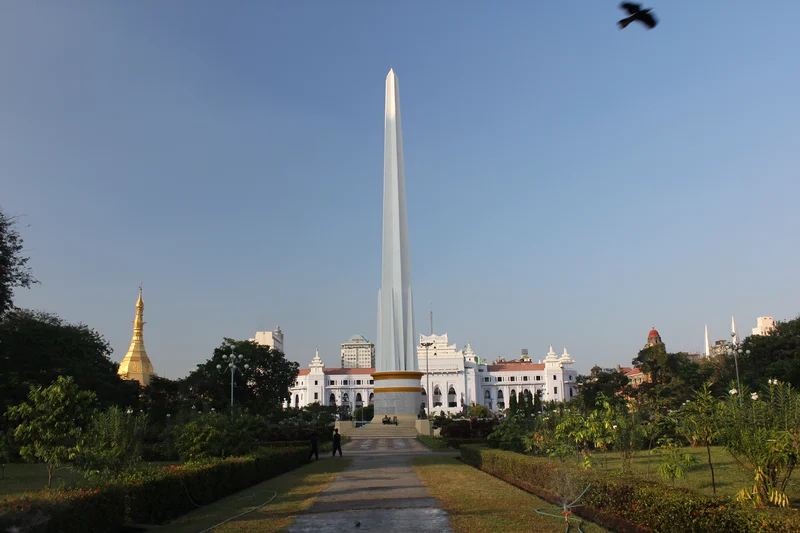
Myanmar celebrates Independence Day, commemorating the country’s independence from the United Kingdom in 1948. The national holiday marks the end of colonial rule and the establishment of sovereign governance.
Citizens participate in patriotic ceremonies and cultural celebrations throughout the country. The observance reflects Myanmar’s ongoing struggle for democratic governance and national unity.
Day of the Martyrs in Democratic Republic of Congo
The Democratic Republic of Congo observes the Day of the Martyrs, honoring those who died fighting for independence and freedom. The solemn commemoration recognizes sacrifices made for national liberation.
Memorial services and educational programs highlight the courage of independence fighters. The observance reinforces national unity and remembrance of those who gave their lives for freedom.
